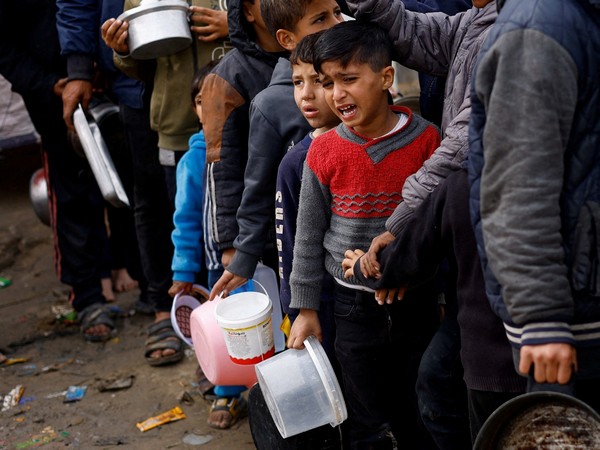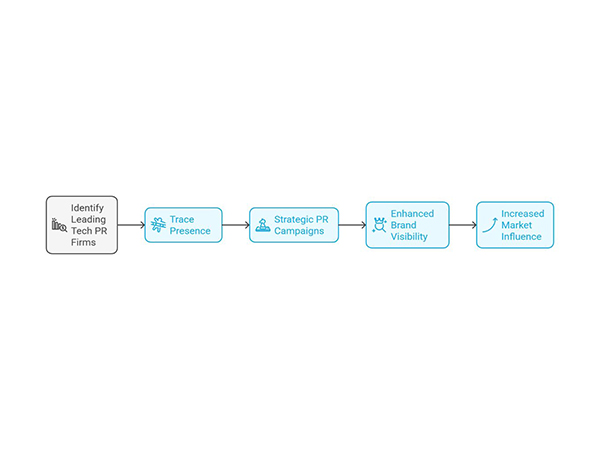Desperate for food, Gazans turn to mulberry leaves to survive
Jul 12, 2024
Tel Aviv [Israel], July 12: Struggling through rubble and buildings shattered by Gaza's war, Ahmed Al-Shanbari and three of his sons risk their lives to pick mulberry leaves to eat, a scene being played out across the enclave as Palestinians face a hunger crisis.
"It is scary to walk when the bombing is still happening," said Al-Shanbari, who like many Gazans risks Israeli bombardment in the search for food.
Ahmed's wife Fatima cleans the leaves and boils them over a makeshift stove.
"Nothing in it is tolerable, neither its taste nor its colour," she said. Fatima stuffs the leaves with rice and spices, hoping to get her children to tolerate the sour taste. Yet the bitterness remains.
The mulberry leaves are animal's food, she says. "But what can we do?"
The war began when militants from the Palestinian militant group Hamas burst across the Gaza border and attacked Israel on Oct. 7, killing 1,200 people and taking more than 250 hostage, according to Israeli tallies.
Nine months on, Gaza health authorities say at least 38,000 Palestinians have been killed. The al-Shanbari family of eight struggles to survive, like many Palestinians in Gaza, where 2.3 million people live in one of the world's most densely populated places facing shortages of food, water, medicine and fuel.
"Ever since the war started, we did not taste anything, we're living on the few things we find," said Fatima.
In a July 9 statement, a group of independent human rights experts mandated by the United Nations said that famine has spread throughout the enclave. Israel's diplomatic mission in Geneva said the statement amounted to "misinformation".
"Israel has continuously scaled up its coordination and assistance in the delivery of humanitarian aid across the Gaza Strip, recently connecting its power line to the Gaza water desalination plant," it added.
According to Gaza's health authorities, at least 33 children have died of malnutrition, mostly in northern areas which had until recently faced the brunt of the Israeli military campaign.
Gaza remains at high risk of famine as the war continues and aid access is restricted, said a U.N.-backed global monitor called the Integrated Food Security Phase Classification (IPC), last month. More than 495,000 people are facing the most severe, or "catastrophic", level of food insecurity, the IPC said.
Source: Fijian Broadcasting Cooperation








